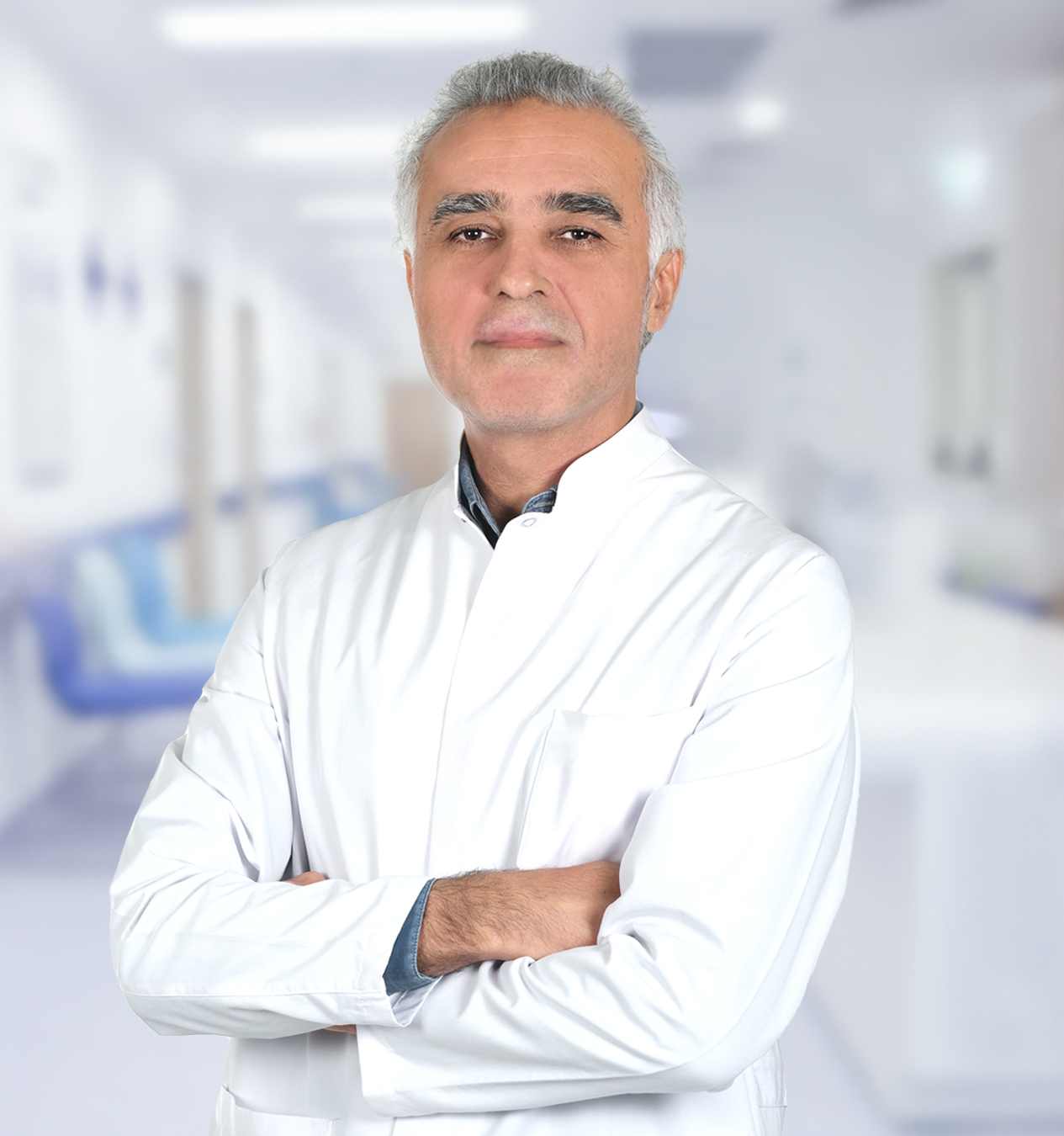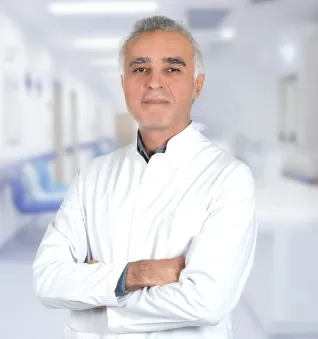Alo Yeditepe
Alo Yeditepe
Experts Warn Students Before the Exam!
Yeditepe University Hospitals Child and Adolescent Mental Health and Diseases Specialist Assoc. Prof. Dr. Oğuzhan Zahmacıoğlu and Nutrition Dietetics Specialist evaluated together.
Stating that the exam is one of the most important external factors that trigger and reveal the anxiety that already exists in the child's mental structure, Child and Adolescent Mental Health and Diseases Specialist Assoc. Prof. Dr. Oğuzhan Zahmacıoğlu emphasized that it would be a more accurate method to address the "problems experienced by an anxious person in the face of the exam" rather than the term "exam anxiety".
Stating that parents had serious duties before the exam, Assoc. Prof. Dr. Oğuzhan Zahmacıoğlu: “What adults can do the day before the exam is to provide calmness and serenity at home. Contrary to popular belief, this means little talking. There is no need to remind the child who will take the exam the next day of what he has heard many times before, or even popular discourses such as "relax, do not worry". It is enough to participate in an activity that the child likes - if he invites -, to listen if he wants to talk, to be comforting with our body language and gaze.”
Parents Must Not Build Relationships With Their Children Through Exams
Assoc. Prof. Dr. Oğuzhan Zahmacıoğlu: "We all know that the exam eventually became a relentless war to reach that abstract goal called "good life". Therefore, it does not seem possible for parents to get out of this social storm. The fact that studying in a prestigious school was an important achievement was greatly polished, it began to be perceived as an invaluable tool that led to the “good life”. However, this is not so. We live in an age where people who have completed important schools and have not left their master's degree and who speak three languages can be unemployed. Of course, I do not ignore the benefits that these provide. The conclusion I want to reach is that the only criterion for living a peaceful life is not to score high on the exam. There are other parameters as important as the exam that positively/negatively affects our lives. In other words, it is risky for families to construct the relationship they will establish with their children only on the basis of the truth of the exam. Because a possible “test failure” leads to the belief that it will also fail in life, which is not true.'
What should I eat before the exam?
Yeditepe University Hospitals Nutrition Dietetics Specialist, on the other hand, pointed out that the exams are the most challenging and stressful periods of the student life. They will contribute significantly when the pre-test and exam day nutrition contains the right preferences for them to take the exam. Stating that situations such as nausea and vomiting are frequently encountered in students since the stress factor is effective in this process. Nutrition Dietetic Specialist underlined that the parents force the students to eat in order not to trigger these undesirable situations.
- Since everyone's eating habits and taste buds are different, do not consume foods that you do not like because they are beneficial and may cause problems in your digestive system.
- Do not try to consume food you have not eaten until the day before the exam for the first time.
- Prefer protein, carbohydrates and fat-balanced light foods instead of very fatty and heavy foods.
- If possible, prefer cooking at home instead of eating out before the exam. Avoid perishable open foods and risky foods with mayonnaise, sauce, and chicken if forced to eat outdoors.
- In order to increase success, high consumption of sweet and sugary foods such as chocolate is inaccurate. Contrary to popular belief, table sugar, that is, simple carbohydrates, does not meet the brain's need for sugar because it rapidly raises and lowers blood sugar and causes hypoglycemia (low blood sugar) in the blood. This situation brings along distraction, concentration disorder and sleepiness. Consumption of foods such as fruits, bran breads, brown rice, whole-wheat pasta, bulgur, and oats that do not increase blood sugar rapidly is required.
- At the moment of stress, boredom and reluctance increase, the tendency to sleep decreases. Therefore, it is also very important to sleep regularly before the exam and to take the exam with sleep. It has been observed that a vitamin C-rich diet increases adrenaline levels and reduces stress in reducing stress. For this reason, fruits, and vegetables rich in vitamin C should be consumed frequently. For example, vegetables and fruits such as oranges, kiwis, potatoes, peppers, carrots, broccoli are rich in vitamin C. Especially fish, walnut, olive oil, green leafy vegetables, red meat, molasses, parsley, green pepper, kiwi, orange, rosehip should definitely be included in your weekly and daily diet.
- The choices in this meal are of great importance as the nutrition on the morning of the exam will directly affect the performance on the exam. Breakfast should not be skipped; a balanced meal should be consumed with the right preferences. When you wake up in the morning, you should have a balanced breakfast that will not increase or decrease your blood sugar rapidly, such as milk, eggs, cheese, bran bread, oatmeal. Prefer herbal teas instead of tea, coffee, and coke, which have a stimulating effect on breakfast.
Sample Exam Breakfast
1 cup of juice (Freshly squeezed is preferred) or herbal tea
1-2 slices of cheese1 egg (Omelet in boiled or lean pan)
Tomatoes, cucumbers
4-5 tablespoons of
olive 1 tablespoons of molasses
2-3 slices of wholewheat bread
3 whole walnuts or 5-6 almonds and 1 tablespoon raisins
Avoid consuming sugary foods during the exam. You can consume foods such as small whole wheat sandwiches, whole wheat biscuits, packaged milk, water to prevent your blood sugar from decreasing.
About
Faculty and Year of Graduation:
Marmara University Medical Faculty, 1996
”
See Also
- What is Autism Spectrum Disorder?
- What Does Narcissist Mean? Narcissistic Personality Disorder
- What is Peer Bullying?
- Puberty
- What Causes Sleep Problems in Babies?
- Tips for Choosing a Babysitter
- Has Your Child Adapted to School?
- Let the Bonding Between Mother And Child Not Be Sacrificed for Success!
- The Biggest Question for Working Mothers: Who Will Take Care of My Child?
- Time to Learn Responsibilities
- Toy Guide for Your Baby
- Do Not Be Overly Anxious and Panicky with Children
- Music Therapy
- What is Specific Learning Disability?
- What is a Mental Disability?
- What is Attention Deficit and Hyperactivity Disorder?
- Developmental Disorders in Children
- What is Autism?
- What is Language and Speech Disorders?
Alo Yeditepe




